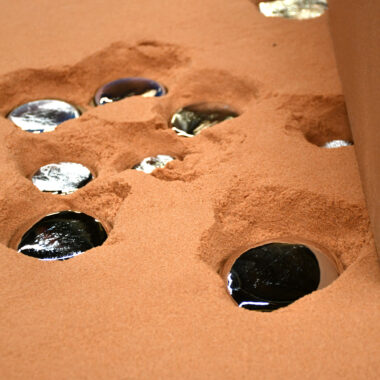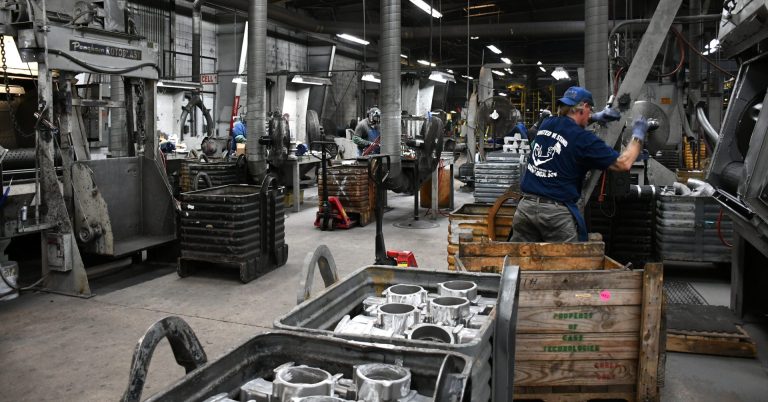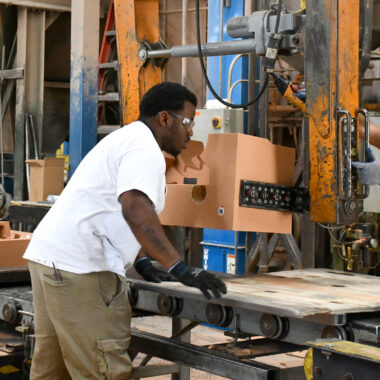Discovering the Craft: All About Aluminum Casting Techniques
Discovering the Craft: All About Aluminum Casting Techniques
Blog Article
Crafting Perfection: Just How to Achieve High-Quality Light Weight Aluminum Castings Every Time
In the realm of aluminum casting, the pursuit of excellence is a constant trip that calls for a meticulous approach and a keen understanding of the intricacies included. Attaining constant top notch aluminum spreadings demands a comprehensive understanding of the processes, from picking the suitable alloy to executing exact mold layouts and carefully regulating casting criteria.
Understanding Aluminum Casting Processes
Aluminum casting procedures, important in the manufacturing sector, include the detailed transformation of molten light weight aluminum into solid kinds via a series of thoroughly regulated steps. Recognizing these procedures is extremely important to achieving premium light weight aluminum spreadings constantly - about aluminum casting. The main techniques utilized in aluminum casting are pass away spreading, sand spreading, and investment spreading

Each of these processes has its advantages and is chosen based on elements like complexity, quantity, and wanted surface of the aluminum casting. about aluminum casting. Understanding the details of these approaches is critical for makers aiming to produce high-quality aluminum spreadings continually
Choosing the Right Aluminum Alloy
Picking the appropriate aluminum alloy is an essential decision in the manufacturing of top notch light weight aluminum spreadings. When choosing an aluminum alloy for spreading, it is important to consider the certain demands of the application to make sure optimum performance.
Among the most commonly utilized light weight aluminum alloys for spreading is A356. This alloy offers outstanding castability, high toughness, and good corrosion resistance, making it ideal for a variety of applications. 6061 aluminum alloy is preferred for its superior weldability and great mechanical buildings. For applications needing high toughness, 7075 light weight aluminum alloy is a prominent option as a result of its outstanding strength-to-weight ratio.
Along with mechanical properties, considerations such as cost, accessibility, and post-casting processes ought to additionally influence the option of the best light weight aluminum alloy. By carefully examining these elements, producers can make sure the manufacturing of top quality aluminum blog spreadings that meet the wanted requirements.
Executing Correct Mold And Mildew Layout
Creating an efficient mold style is important for making certain the successful production of premium aluminum spreadings. Appropriate mold and mildew layout plays a significant duty in accomplishing the wanted qualities of the end product. To carry out an effective mold layout, elements such as product circulation, cooling down prices, and part geometry have to be very carefully taken into consideration.
One secret aspect of mold design is making sure correct dental filling and solidification of the aluminum within the mold like this dental caries. This includes developing runner and gating systems that facilitate smooth steel circulation and protect against defects such as index air entrapment or insufficient filling. Additionally, integrating cooling channels right into the mold and mildew layout helps control solidification rates and minimize the threat of porosity or shrinkage flaws.

Controlling Spreading Parameters

Making Certain Post-Casting Top Quality Checks
To keep the high top quality of aluminum castings, thorough post-casting quality checks are crucial. After the casting process is finished, it is important to guarantee that the final items meet the desired criteria and requirements.
Dimensional precision is another vital aspect that needs to be validated throughout post-casting top quality checks. Dimensions of vital measurements and resistances need to be required to validate that the castings adapt the required specifications. Additionally, mechanical buildings such as solidity, tensile toughness, and influence resistance might require to be examined with material testing to make certain that the spreadings have the essential toughness and toughness for their desired application.
Final Thought
To conclude, accomplishing premium aluminum spreadings calls for a thorough understanding of the spreading procedures, choosing the suitable alloy, designing mold and mildews effectively, managing casting criteria thoroughly, and performing post-casting top quality checks carefully. By following these actions, suppliers can constantly produce light weight aluminum castings that meet the highest possible requirements of quality and efficiency.
Achieving regular top notch aluminum spreadings demands a thorough understanding of the procedures, from selecting the proper alloy to performing precise mold layouts and thoroughly controlling casting parameters. The main methods utilized in light weight aluminum casting are pass away casting, sand casting, and financial investment casting.
Financial investment spreading, likewise recognized as precision spreading, entails producing wax patterns that are covered in ceramic to form molds.Picking the appropriate light weight aluminum alloy is a crucial choice in the manufacturing of premium light weight aluminum spreadings.Guaranteeing specific control over casting parameters is necessary for maintaining consistency and high quality in light weight aluminum spreading production.
Report this page